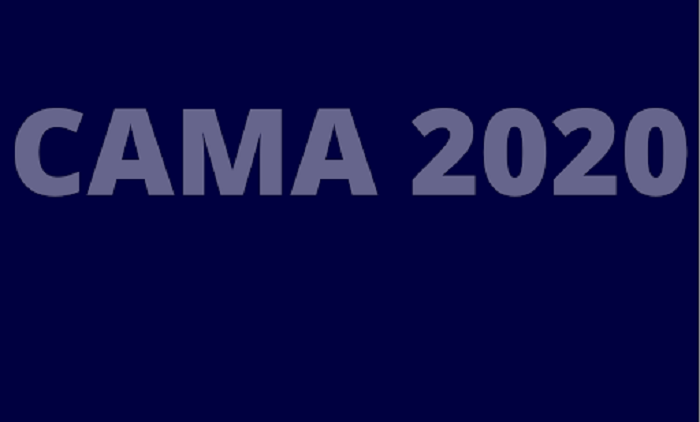The protest against CAMA Act
President Muhammadu Buhari on August 7, 2020, assented to the Company and Allied Matters Act, 2020 (CAMA 2020) after years of deliberations by the National Assembly. The signing represented a milestone since the Act had been in existence for 30 years before it was reviewed and amended to suit the present times. CAMA versus hypocrisy […]

Companies and Allied Matters Act 2020 (CAMA)
President Muhammadu Buhari on August 7, 2020, assented to the Company and Allied Matters Act, 2020 (CAMA 2020) after years of deliberations by the National Assembly.
The signing represented a milestone since the Act had been in existence for 30 years before it was reviewed and amended to suit the present times.
CAMA does not target churches, FG reassures religious bodies
Highlights of the Act include the establishment of a Governing Board for the Corporate Affairs Commission (CAC), which must include representatives of the Chartered Institute of Secretaries and Administrators and the National Association of Small and Medium Enterprises, as well as the introduction of single member companies, which makes it possible to create a company with a single shareholder.
The Act also provides for the introduction of electronic filing, electronic share transfer and virtual meetings for private companies.
These provisions bring the conduct of business in line with the new technological developments across the globe.
So far, stakeholders had hailed the signing into law of the new Act which they believe would enhance Nigeria’s competitiveness in foreign direct investment as it will bolster the country’s policy of ease of doing business.
They also said the Act would formalise the activities of thousands of small-scale businesses which were hitherto operating under the informal sector.
This, they added, would help to bring many small and informal businesses into the country’s tax net.
Thus the effect is more revenue for the government especially in a situation of declining oil revenue.
Sadly, this good news is being overshadowed by protests from the leaders of churches and civil society organisations (CSOs) against a provision in the Act which they said was meant to interfere with their activities.
The contentious provision empowers the CAC to suspend the trustees of a non-governmental organisation, association or foundation and appoint a manager to manage its affairs where it reasonably believes that the affairs of the association are being run fraudulently or where it believes there is misconduct or mismanagement in its administration.
It is also empowered to seek court order to suspend the trustees of such organisation and appoint an interim trustee to manage its affairs.
Though the leaders of CSOs and churches opposed to these provisions could be right to say that the CAC has been given too much powers to interfere into their activities and could be abused by unscrupulous officials, but it should not be lost on us that this is the practice worldwide.
It is foolhardy to allow such entities to operate without any guidance by the authority given the fact that they are entrusted with other people’s resources which they are expected to manage in a transparent manner.
However, more worrisome is the manner the advocates are going about making their case.
It is sad that those who are naturally considered to provide leadership to millions of their followers are seen pursuing their cases with less decorum.
Leaders are expected to be levelheaded and pursue any issue in accordance with the provisions of the law.
We believe there is no need for the hysteria and accusation of waging war against any religion.
This provision will only be applied where there is a serious infraction.
The CAC must also spell out modalities to be used in applying this provision so as to clear any doubt about its neutrality and readiness to carry out its duties in the most transparent and professional manner.
Meanwhile, we advise those who feel aggrieved to mobilise and take their case to the National Assembly for an amendment of the “offending’’ provision.
This is something they ought to have done before the bill was passed, but they now have another chance.
